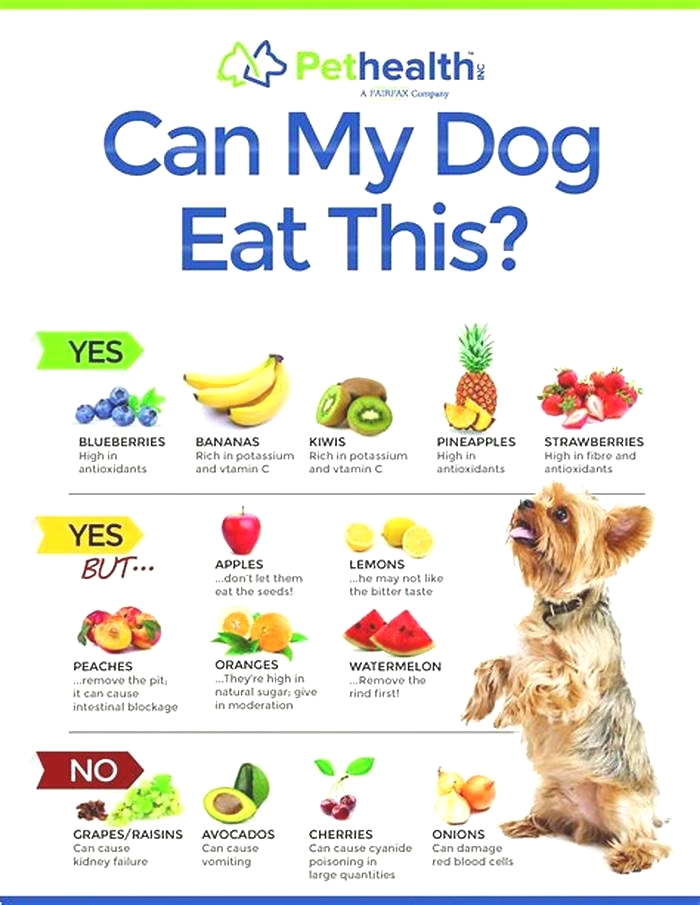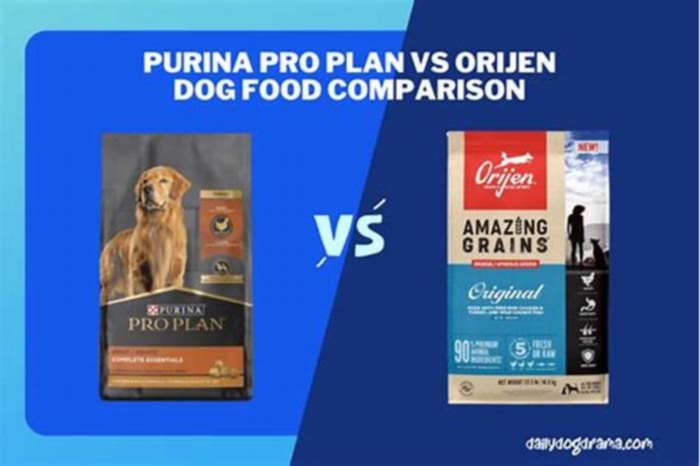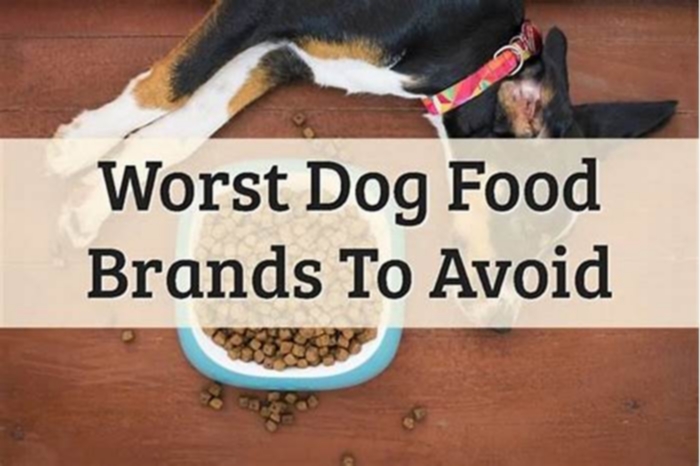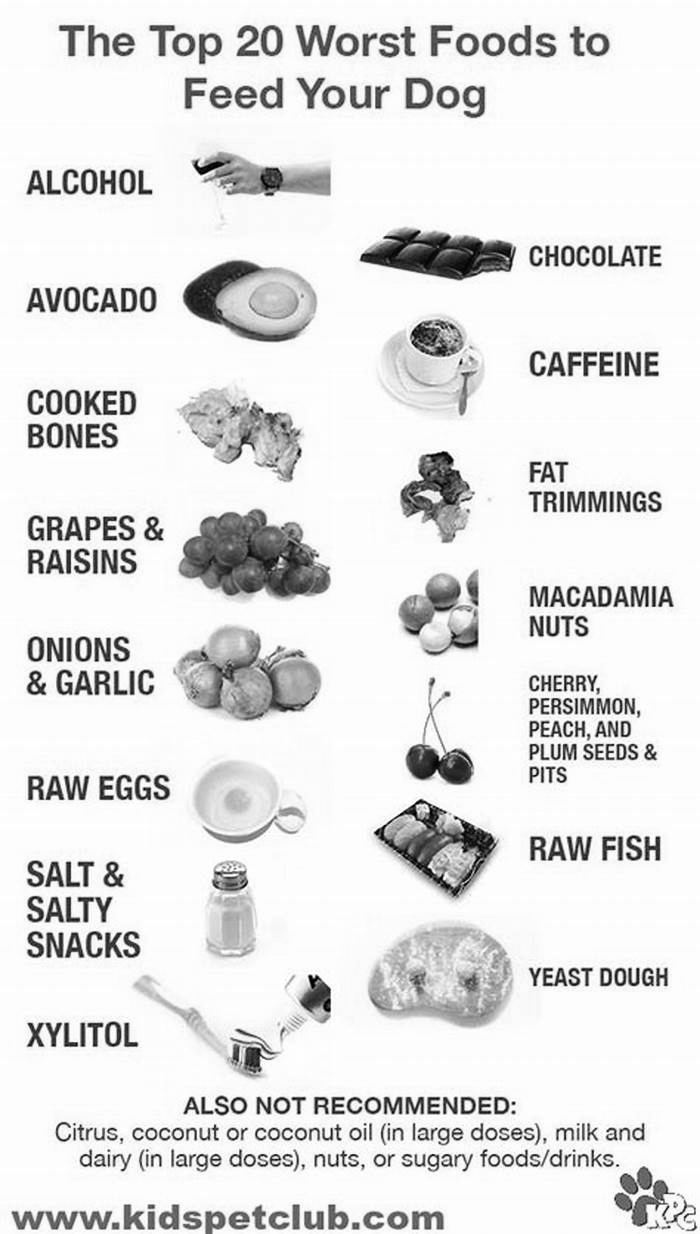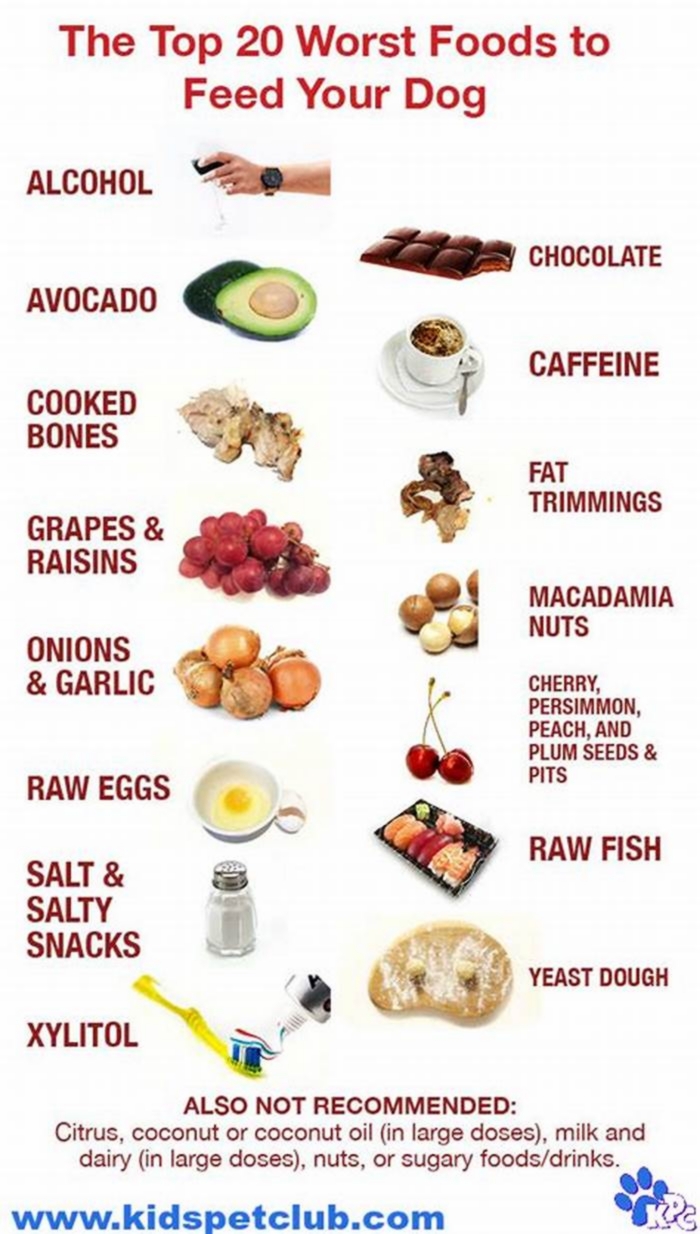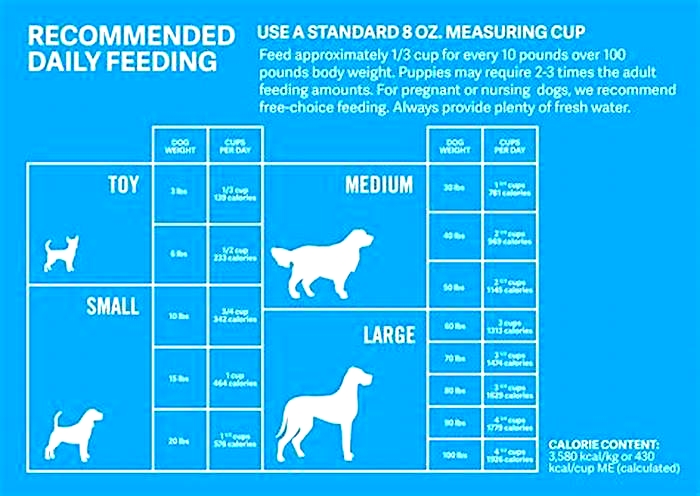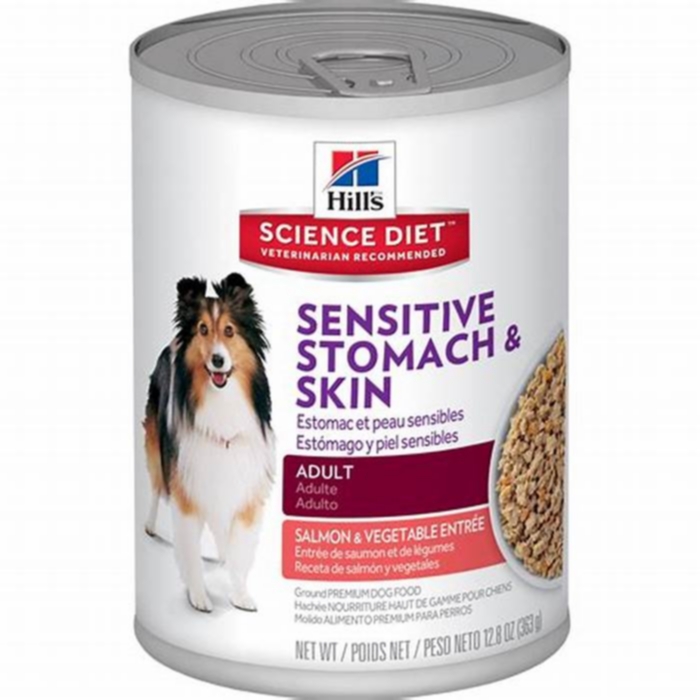What to avoid when buying puppy food

5 Dog Food Ingredients to Look For & Ones to Avoid
Ever wonder what dog food ingredients goes into that bag of kibble you're pouring into your furry friend's bowl?
Are you aware of the difference between chicken meal and chicken by-product, or why some dog foods are grain-free?
In this blog, we'll navigate through the maze of dog food ingredients, highlighting what ingredients to look for and what ingredients to avoid for your beloved four-legged companion. Because when it comes to their health, every bite counts!
Here's the 5 most important dog food ingredients to look for:
1. Proteins
Proteins should be the first ingredient to look for in dog food. Proteins are fundamental building blocks of all living cells and are crucial for your dogs growth, maintenance, reproduction, and repair of damaged tissues.
Proteins are made up of amino acids, and while dogs can make some of these amino acids themselves, there are ten amino acids they can't produce and must get through diet:
- Arginine
- Histidine
- Isoleucine
- Leucine
- Lysine
- Methionine
- Phenylalanine
- Threonine
- Tryptophan
- Valine
The quality of protein in a dog's diet is determined by its digestibility, amino acid content, and bioavailability (how well it's absorbed and utilized).
In dog food, proteins can come from a variety of sources, and these can typically be divided into two main types: animal-based proteins and plant-based proteins.
Understanding the source of protein in your dog's food can help you make more informed decisions about their diet.
Animal-based Proteins
Animal-based proteins are generally considered the best sources of protein for dogs as they contain a complete amino acid profile. They are also more easily digestible for dogs.
Types of animal-based proteins in dog food include:
-
Meat ingredients in dog food typically includes chicken, beef, lamb, turkey, or fish. When listed as "meat" or "real meat" on a dog food label, this usually refers to muscle tissue from the animal.
-
Meal (chicken meal or fish meal) refer to rendered products from mammal tissues, exclusive of blood, hair, hoof, horn, hide trimmings, manure, stomach and rumen contents. While the rendering process can seem unpleasant, meal often provides more concentrated protein than the fresh version of the meat.
-
By-Productscan include organ meats like liver and kidneys, which are nutrient-rich, though they may also include less appealing parts of the animal. While many owners shy away from by-products, they can still be a valuable source of protein.
-
Eggsare a great source of very digestible protein, riboflavin, and selenium, making them a healthy protein choice for dogs.
Plant-based Proteins
While dogs are able to digest plant-based proteins, they are not as easily digestible nor do they usually provide a complete amino acid profile. Plant-based proteins often need to be combined to provide all the essential amino acids a dog needs.
Plant-based proteins can include:
- Corn
- Rice
- Wheat
- Oats
- Peas
- Lentils
- Soy
When choosing a dog food, consider the sources of protein and remember that animal-based proteins are usually the best option for your dog.
2. Carbohydrates
Carbohydrates play a critical role in a dog's diet. They provide essential nutrients and are a primary source of energy. They also aid in digestion and can promote healthy weight.
Here are the primary types of carbohydrates found in dog food:
Grains
Grains are one of the most common carbohydrate sources in dog food. There are two types - whole grains and refined grains:
- Whole Grains include brown rice, oatmeal, quinoa, and barley. Whole grains are excellent sources of fiber and keep dogs feeling full, which helps with weight management. They also offer essential nutrients like vitamins, minerals, and antioxidants.
- Refined Grains include white rice and white flour. During processing, the bran and germ of the grain are removed, leaving only the endosperm. This process strips away much of the grain's nutritional content, including fiber.
Related reading: Grain Free vs Grain Dog Food
Vegetables
Many vegetables are excellent sources of carbohydrates. Sweet potatoes, peas, and carrots are commonly found in dog food. They provide complex carbohydrates, which take longer to break down and offer a steady source of energy.
Fruits
While fruits are not typically a main carbohydrate source in dog food, they can provide natural sugars along with fiber, vitamins, and minerals. Apples, blueberries, and cranberries are some fruits that may be found in dog foods.
Related reading: Can Dogs Eat Tomatoes?
Legumes
Legumes such as peas, lentils, and beans are becoming more common in dog foods. They offer both protein and carbohydrates. However, it's worth noting that some studies have found a potential link between legume-heavy diets and heart disease in dogs. More research is needed in this area.
Tubers
Tubers, including potatoes and sweet potatoes, are rich in carbohydrates and fiber. They also provide other nutrients like beta carotene and vitamin C.
When looking at carbohydrates in dog food, it's essential to note that dogs do not have a dietary requirement for carbohydrates like they do for protein and certain fats.
3. Fats and Oils
Fats and oils play a critical role in a balanced canine diet. They are the most concentrated source of energy for dogs, providing more than twice the energy of proteins and carbohydrates.
Apart from supplying energy, they also facilitate the absorption of certain vitamins, add flavor to the food, and promote skin and coat health.
The main types of fats essential to a dog's diet are omega-3 and omega-6 fatty acids.
- Omega-6 fatty acids are commonly found in animal fats and vegetable oils.
- Omega-3 fatty acids are found in fish oil and certain plant and nut oils.
Named Animal Fats
These are fats from animal species. Examples would be chicken fat or beef fat. These are highly digestible and palatable to dogs.
Fish Oil
Fish Oil is a valuable source of DHA and EPA, two powerful omega-3 fatty acids that support brain development in puppies and help reduce inflammation.
Flaxseed or Canola Oil
Both of them are plant-based oils and an excellent source of alpha-linolenic acid (ALA), a form of omega-3 fatty acid that promotes a shiny coat and healthy skin.
Remember, while fats are essential, they are also high in calories. Therefore, the amount of fat in a dog's diet should be carefully regulated, especially in less active or overweight dogs, to prevent obesity.
4. Fiber
Dietary fiber is an often-overlooked but important component of your dog's diet. While it's not considered an essential nutrient in your dog's diet, it does play a vital role in maintaining good health.
Fibers are carbohydrates that are not digested by dogs. However, they have important functions such as regulating the digestive system, providing a feeling of fullness, and even helping to maintain consistent blood sugar levels.
There are two types of fiber: soluble and insoluble.
- Soluble fiber dissolves in water and can be metabolized by the good bacteria in the gut, producing gas and other byproducts.
- Insoluble fiber, on the other hand, passes through the gut relatively intact, adding bulk to the stool.
Here are common sources of fiber often found in dog food:
Beet Pulp
Beet pulp is the material left over after the sugar is extracted from sugar beets. It's a good source of both soluble and insoluble fiber and is highly digestible.
Pumpkin
Pumpkin is a natural source of soluble fiber and is often used to help regulate a dogs digestive system.
Sweet Potatoes
Besides being a great source of carbohydrates and vitamins, sweet potatoes also provide dietary fiber.
Whole Grains
Whole grains like barley, brown rice, and oats can be excellent sources of dietary fiber.
Psyllium Husk
Psyllium husk is rich in soluble fiber, which can absorb water and stabilize the digestive system.
When looking at fiber content in dog food, remember that more isn't necessarily better. Too much fiber can lead to an upset stomach and decrease the absorption of other important nutrients.
Related reading: Providing TLC for your Pet's Gut
Generally, a fiber content of around 3-5% is appropriate for most dogs, but dogs with certain health issues might benefit from a different amount.
5. Vitamins and Minerals
Just like humans, dogs need a variety of vitamins and minerals to maintain optimal health. These essential nutrients play a crucial role in bodily functions such as bone growth, digestion, nerve function, and wound healing, among others.
Vitamins commonly found in dog food:
Vitamin A is essential for a dog's immune system and cell function, and it also benefits vision and skin health. It can be found in liver, fish oil, and various fruits and vegetables.
B Vitamins includes B1, B2, B3, B5, B6, B12, folic acid, and choline. These vitamins are critical for a dog's metabolic health, helping to break down carbohydrates, proteins, and fats. They're also vital for a healthy nervous system. Meat, eggs, and whole grains are excellent sources.
Vitamin D (aka the sunshine vitamin) is crucial for bone health because it helps regulate calcium and phosphorous absorption. Unlike humans, dogs can't produce vitamin D through sunlight exposure, so it must be included in their diet. Fish and beef liver are good sources.
Vitamin Eis an antioxidant that can help protect the body against oxidative damage. It's also important for fat metabolism. It can be found in leafy greens, seeds, and certain oils.
Vitamin K plays a key role in helping the blood clot and is produced in adequate amounts by the bacteria in the gastrointestinal tract. Leafy green vegetables and fish meal are good sources.
Minerals commonly found in dog food:
Calcium and Phosphoruswork closely together and are crucial for healthy bones and teeth. Dairy, fish, and meat are good sources.
Potassium is essential for muscle function, nerve transmission, and maintaining fluid balance, it's found in many fruits, vegetables, and whole grains.
Magnesium aids in the absorption of vitamins and the production of proteins. Good sources include leafy green vegetables, nuts, and whole grains.
Iron is vital for the formation of red blood cells. It's found in high quantities in meat, particularly organ meat like liver.
When shopping for dog food, look for products that list specific vitamins and minerals rather than just stating 'vitamin/mineral mix'. This transparency allows you to know exactly what nutrients your pet is getting.
It's also worth noting that, while vitamins and minerals are essential, they need to be in the right balance. Too much of certain nutrients can be just as harmful as too little.
Ingredients to Avoid in Dog Food
Some ingredients in dog food are more controversial than others due to potential health risks.
Here are a few ingredients in dog food that pet owners might want to avoid:
By-products
While not all by-products are harmful, they can be inconsistent in quality. Some might contain nutritious organ meats, but others can be made from less desirable parts of the animal. Look for foods that specify the type of meat used (like "chicken liver" instead of "poultry by-product").
Artificial Colors, Flavors, and Preservatives
These ingredients have no nutritional value and can potentially cause health issues. Some artificial preservatives, such as BHA, BHT, and ethoxyquin, have been linked to health problems in dogs.
Generic Fats and Proteins
Ingredients labeled simply as "meat," "animal fat," or "animal protein" can come from any source and may vary in quality. Look for foods with named sources, like "chicken fat" or "beef protein."
Sweeteners
Some dog foods use sweeteners, like corn syrup, to enhance the taste. However, these can contribute to weight gain and diabetes.
Propylene Glycol
Used to maintain moisture in some semi-moist foods, propylene glycol can be toxic in large amounts.
Fillers
Ingredients like corn and wheat gluten, cellulose, and peanut hulls add bulk to dog food but have little nutritional value.
Certain grains and gluten
While many dogs can handle grains just fine, others may have allergies or sensitivities to ingredients like corn, wheat, and soy. Gluten, in particular, can be difficult for some dogs to digest.
Remember, it's essential to read labels and understand what you're feeding your pet. When in doubt, schedule a nutrition consultation with your vet. They can help guide you in choosing the best diet for your dog's specific needs.
Frequently Asked Questions
What are the top 3 ingredients to look for in dog food?
The top ingredients to look for in dog food are high-quality proteins (named meat sources - chicken, beef, fish, and lamb), natural carbohydrates (whole fruits and vegetables), and healthy fats (animal fats or plant-based oils).
Can dogs be vegan or vegetarian?
Dogs are omnivores and can technically survive on a vegetarian or vegan diet, but it's not naturally optimal for them. Their bodies are designed to eat meat, so they may miss out on essential nutrients such as specific proteins and amino acids if those are not adequately supplied in a plant-based diet.
Are raw diets better for my dog?
Raw diets, also known as BARF (Biologically Appropriate Raw Food) diets, can have benefits like shinier coats, healthier skin, improved dental health, and higher energy levels. However, they can also carry risks, including threats of bacterial infections and potential for an unbalanced diet if not properly formulated.
Are certain breeds allergic to specific ingredients?
Food allergies in dogs are not breed-specific but are rather individual-specific. Some dogs may develop an allergy or intolerance to certain foods, often proteins, which can cause skin, coat, or gastrointestinal issues.
What does human-grade mean in dog food?
'Human-grade' is a term used in the pet food industry to suggest that the food is of a quality suitable for human consumption. However, it's important to note that this is more of a marketing term and doesn't necessarily mean the food is healthier for your dog.
Keeping an Eye on Dog Food Ingredients
In conclusion, understanding what's in your dog's food is fundamental to their health and longevity. By being aware of the significance of proteins, carbohydrates, fats and oils, vitamins, minerals, and fiber, you can make well-informed decisions about your dog's diet.
Be sure to avoid controversial ingredients like by-products, artificial additives, generic fats and proteins, sweeteners, propylene glycol, fillers, and certain grains.
After all, the key to a happy and healthy life for your beloved pet begins in their food bowl. Knowledge is the first step in ensuring they receive the nutritious, balanced diet they deserve.
Remember to always consult with a veterinarian or a pet nutrition expert if you have any doubts or questions. Here's to many years of health and happiness for your canine companion!

